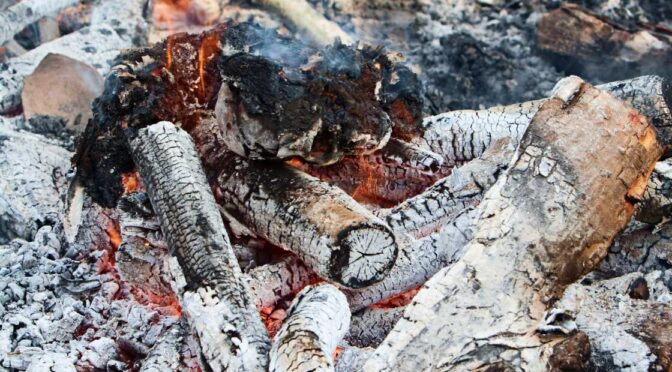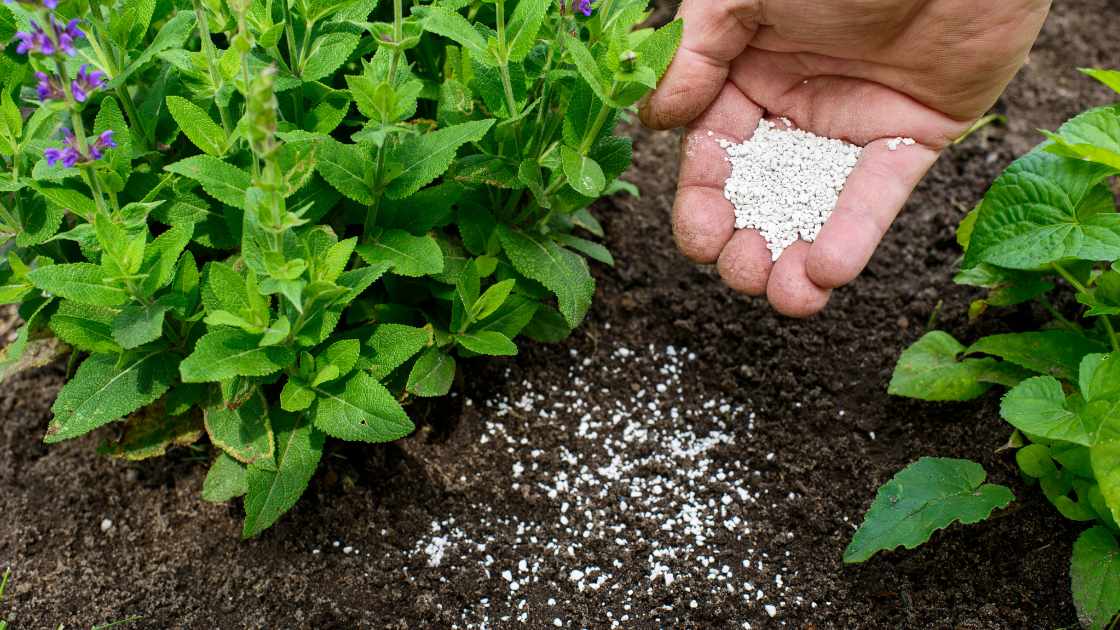Cremation is an increasingly popular alternative to traditional burials, offering a more environmentally friendly and cost-effective way to lay loved ones to rest. However, when it comes to disposing of the ashes, many people are unsure of the proper protocol. If you’re wondering how to neutralize cremation ashes, look no further. In this article, we’ll explore everything you need to know about safely and respectfully handling cremation remains.
Why Neutralize Cremation Ashes?
Before we dive into the specifics of how to neutralize cremation ashes, let’s first examine why it’s important to do so. Cremation ashes are highly alkaline, meaning they have a pH level of around 10-12. If disposed of improperly, they can potentially harm the environment and damage surrounding ecosystems. Neutralizing the ashes helps to reduce their alkalinity, making them safer to handle and dispose of.
How to Neutralize Cremation Ashes
There are several methods you can use to neutralize cremation ashes, depending on your personal preferences and the regulations in your area. Here are a few options to consider:
Mixing with Water:
One of the simplest ways to neutralize cremation ashes is to mix them with water. This can be done in a small container or a larger vessel, depending on the amount of ashes you’re working with. Allow the mixture to sit for a few hours, stirring occasionally, until the ashes have fully dissolved. Once neutralized, the solution can be safely poured down the drain or disposed of in another appropriate manner.
Adding Vinegar or Baking Soda:
If you’re looking for a more potent neutralizing agent, you can try adding vinegar or baking soda to the ashes. Vinegar is acidic, so it can help to balance out the alkalinity of the ashes, while baking soda is alkaline itself and can help to neutralize the ph. However, be cautious when using these substances, as they can create a chemical reaction that produces carbon dioxide gas. This can be dangerous if not done in a well-ventilated area, so make sure to take appropriate precautions.
Using a Neutralizing Agent:
There are also specific products available on the market designed to neutralize cremation ashes. These can be purchased from funeral homes or online retailers and typically come in powder or liquid form. Follow the instructions provided with the product to ensure safe and effective neutralization.
FAQ’s
Is it necessary to neutralize cremation ashes before disposing of them?
Yes, it is important to neutralize cremation ashes before disposing of them. Cremation ashes are highly alkaline and can potentially harm the environment and surrounding ecosystems if not disposed of properly. Neutralizing the ashes helps to reduce their alkalinity, making them safer to handle and dispose of.
What is the best way to neutralize cremation ashes?
There are several methods you can use to neutralize cremation ashes, depending on your personal preferences and the regulations in your area. One of the simplest ways is to mix them with water and allow the mixture to sit for a few hours until the ashes have fully dissolved. Another option is to add a neutralizing agent such as vinegar or baking soda to the ashes. You can also purchase specific products designed to neutralize cremation ashes from funeral homes or online retailers.
Are there any safety precautions I should take when neutralizing cremation ashes?
Yes, it is important to take appropriate safety precautions when neutralizing cremation ashes. If using a neutralizing agent such as vinegar or baking soda, be cautious as they can create a chemical reaction that produces carbon dioxide gas. This can be dangerous if not done in a well-ventilated area, so make sure to take appropriate precautions. Additionally, be sure to wear gloves and a mask when handling the ashes to protect yourself from any potential harm.
Final Thoughts
While neutralizing cremation ashes may not be the most glamorous task, it’s an important one for ensuring proper disposal and protecting the environment. By using one of the methods outlined above, you can safely and respectfully handle the remains of your loved ones. If you’re unsure about the regulations in your area or have any questions about the process, don’t hesitate to reach out to your local funeral home or crematorium for guidance.



